Katusha escape team suspension in the wake of doping cases
Ban 'disproportionate' given Paolini's recreational use of cocaine, deems UCI Disciplinary Commission
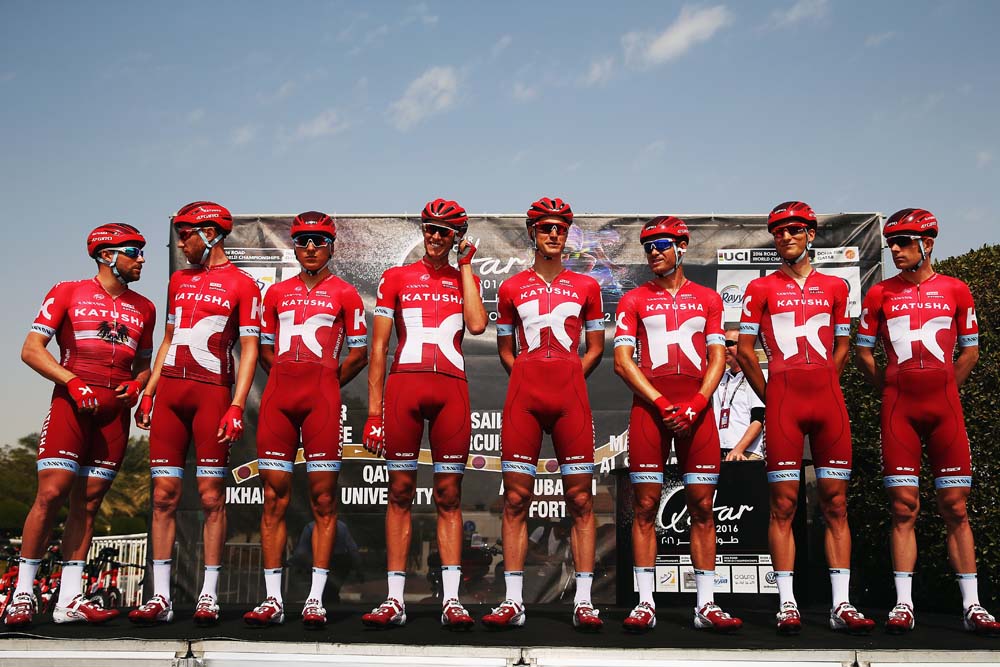
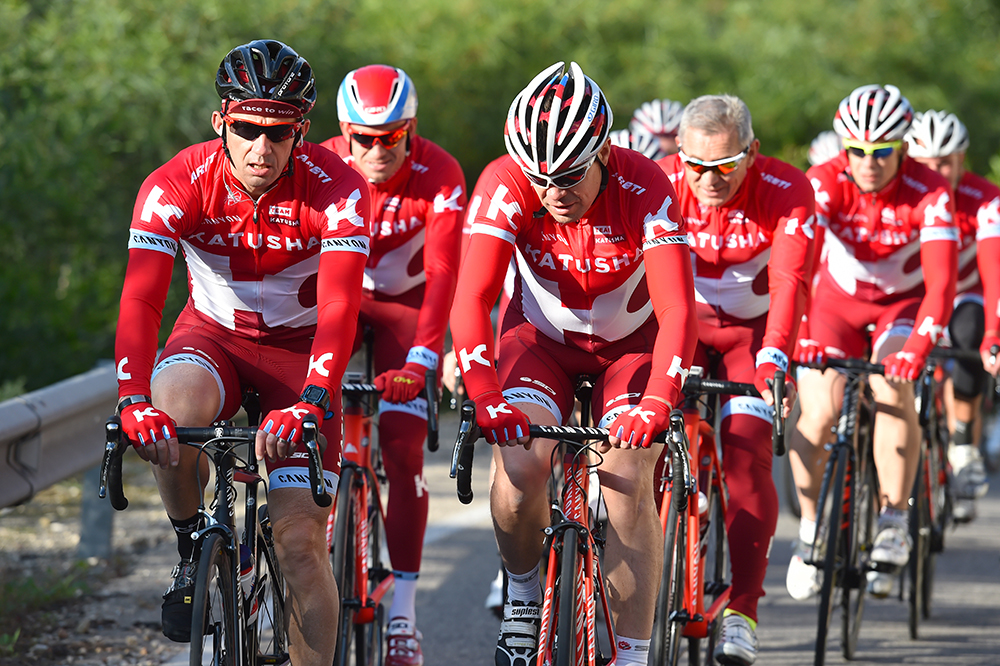
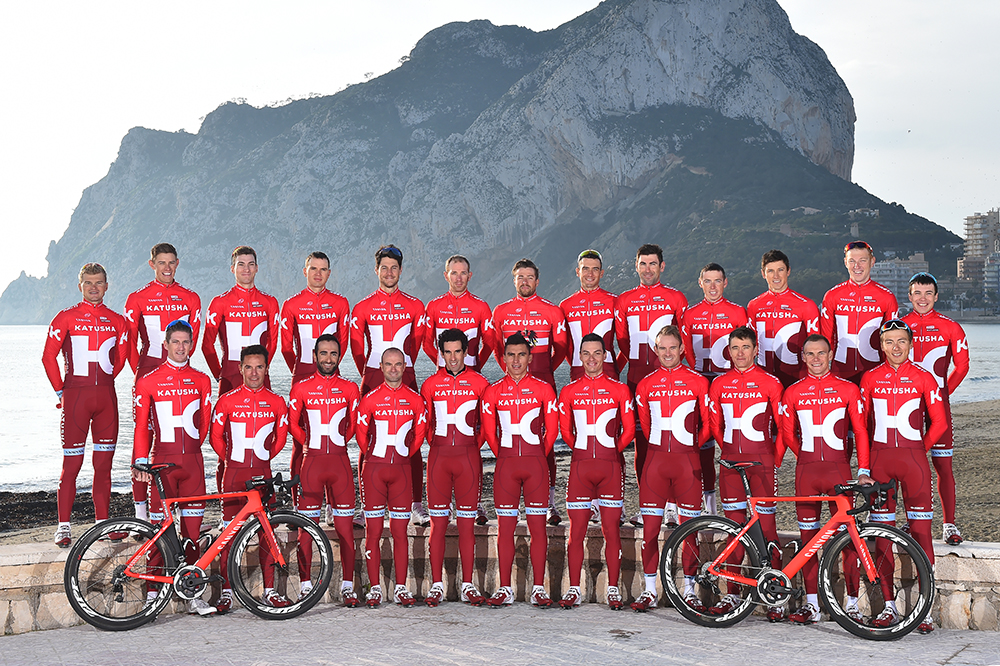
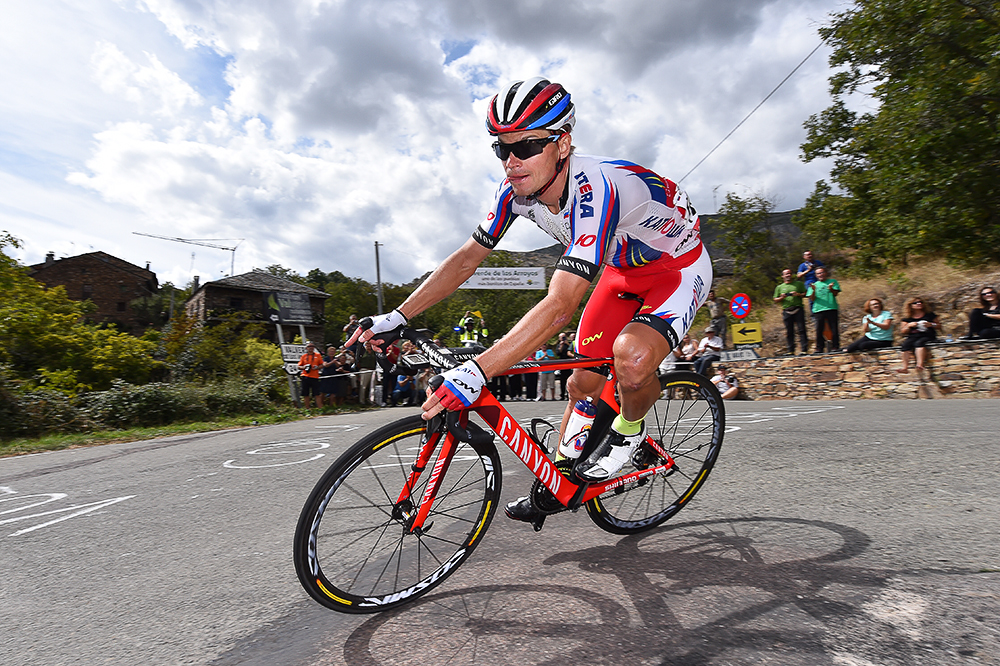
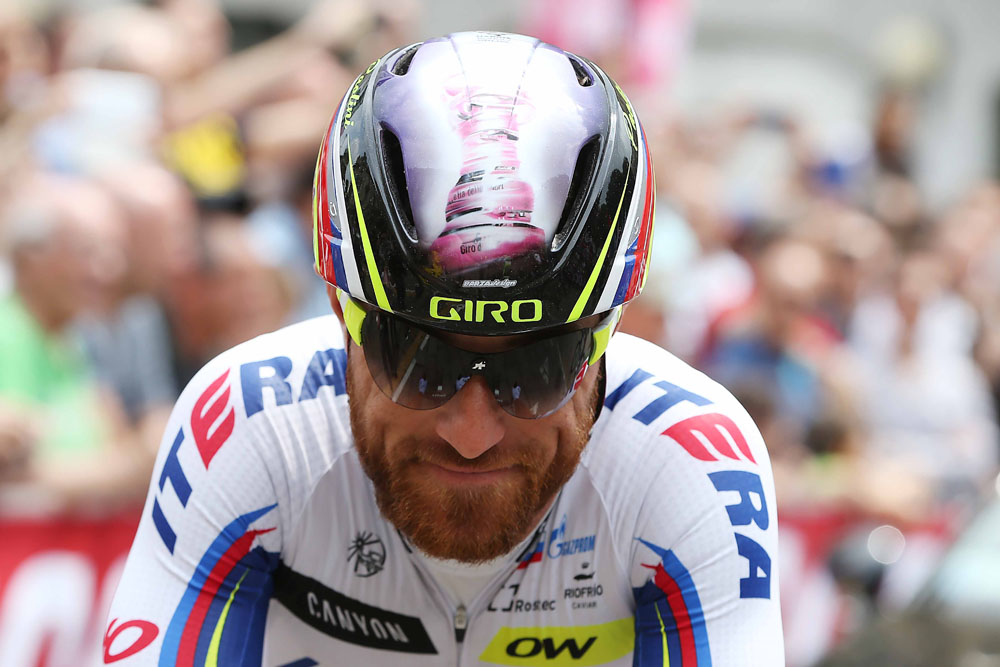
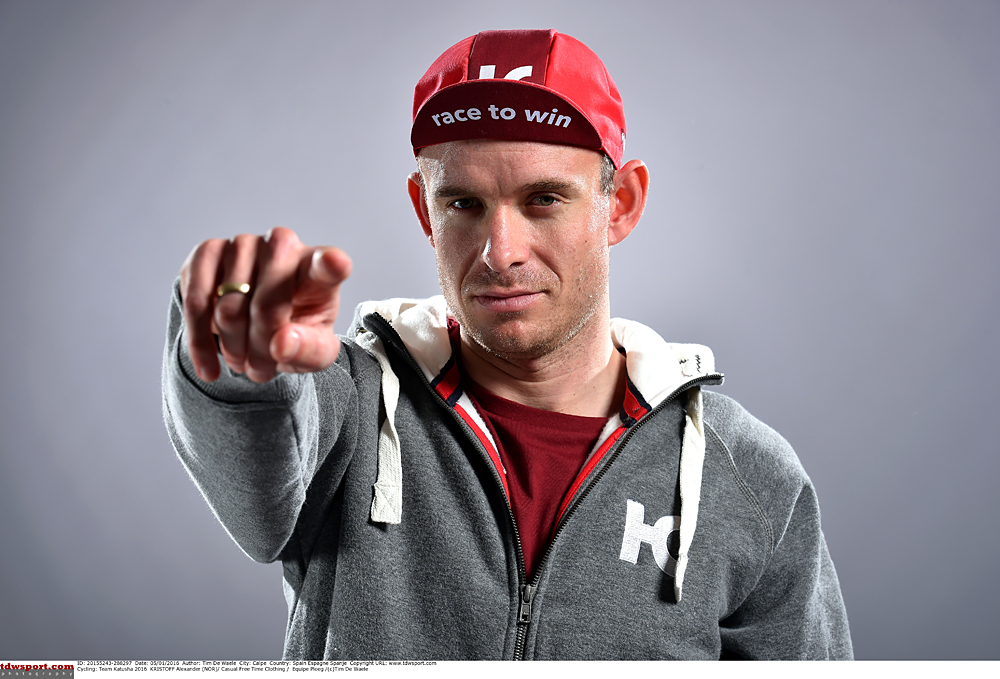
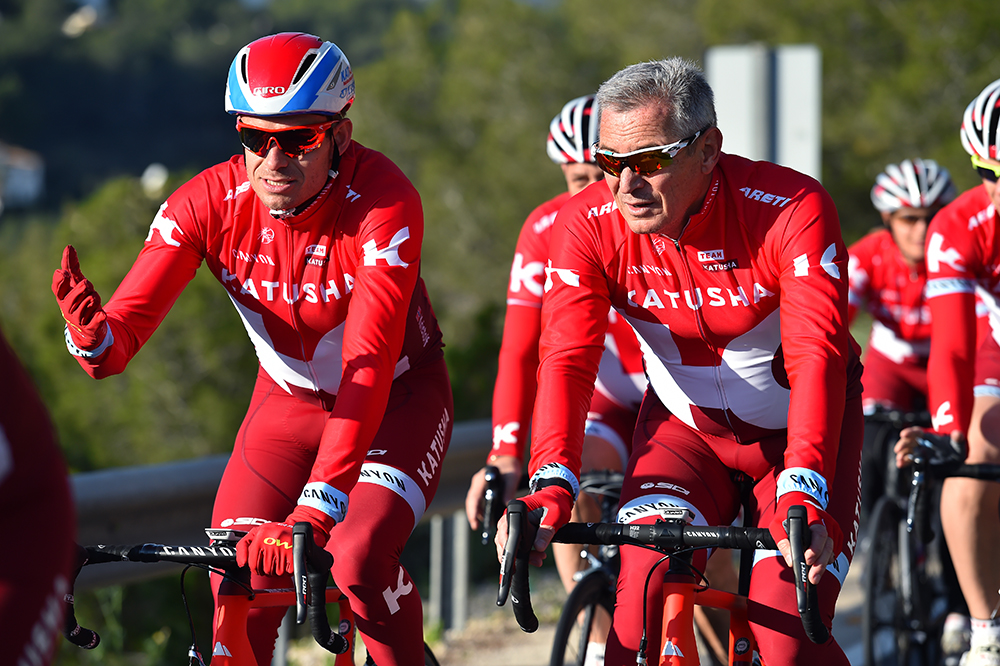
Katusha have escaped a suspension from competition after Eduard Vorganov became the team's second rider in 12 months to test positive for a banned substance.
The Disciplinary Commission, an independent branch of the UCI to which the matter was referred on February 6, issued its verdict on Tuesday, and ruled that the conditions for a team suspension have not been met under article 7.12.1 of the UCI Anti-Doping Rules, which suggest a ban of 15-45 days for a team with two positives in the space of a year.
The Katusha team risked missing a sizeable chunk of racing, which might have included the Tour of Oman, Vuelta a Andalucía, Omloop Het Nieuwsblad, Kuurne-Brussel-Kuurne, Paris-Nice, Tirreno-Adriatico and other races.
"Of course, we are very happy with this decision of the UCI Disciplinary Comission. For our team it was important moment. Now, we can continue to race, we can focus on our goals and to go further with our ambitions in this season," Katusha team press officer Vitalii Abramov said.
The UCI rules state that a team suspension is enforceable when the second doping case is notified to the athlete and team. Today's verdict of the Disciplinary Commission hinges on the first case -that of Luca Paolini's positive test for cocaine at last year's Tour de France- with a team suspension being deemed "inappropriate and disproportionate" in light of the "recreational" nature of Paolini's use of the banned substance.
Given that Paolini is understood not to have taken the drug for performance enhancement, the Disciplinary Commission decided that it was unfair to hit the Russian team with a ban that is designed to punish "teams that lack control of doping for sporting purposes by their athletes".
“With regard to the [Paolini case, it has been] established that the rider's taking of cocaine was not related to an intention to influence sporting performance but was rather taken on a "recreational" basis," reasoned the president of the Disciplinary Commission in a statement from the UCI. The ruling is likely to spark a refining of the UCI rules concerning team suspensions.
Get The Leadout Newsletter
The latest race content, interviews, features, reviews and expert buying guides, direct to your inbox!
“In this context, applying a suspension under article 7.12.1 when one of the two cases of Adverse Analytical Finding relates to [the use of] a social drug cannot be reconciled with the aim of the article. Even if, strictly speaking, such a case falls within the application of the anti-doping rules for the rider concerned, the imposition of negative consequences for the whole team would be inappropriate and disproportionate."
“It is understood that the intention of the article is to impose negative consequences on teams that lack control of doping for sporting purposes by their athletes, or if even worse scenarios exist, and/or if teams are not doing enough to fight such doping."
“The President of the Commission has expressed that he could share the view that it would be disproportionate to suspend a team on the basis that one of its members [uses] a social drug, the consumption of which is not related to sporting performance."
Katusha still risk a ban due to MPCC rules
Article 7.12.1 was added to the UCI's Anti-Doping regulations in January last year, and the only implementation thus far came last summer when the Androni-Giocattoli-Sidermec team was banned for 30 days after two positive tests in the space of a couple of days.
Vorganov was provisionally suspended on Friday after an adverse analytical finding for the anti-ischemic drug Meldonium in an out-of-competition test on January 14, 2016.
Despite escaping a suspension from the UCI, the Russian team could still face time away from races because it is a member of the Movement for Credible Cycling (MPCC), which have a similar rule to those of the UCI.
The MPCC rules state a team must suspend itself for eight days following two positive doping cases. Those regulations, however, depend on B-sample confirmation and final rulings and both Paolini and Vorganov are still awaiting their final verdicts.
Patrick is a freelance sports writer and editor. He’s an NCTJ-accredited journalist with a bachelor’s degree in modern languages (French and Spanish). Patrick worked full-time at Cyclingnews for eight years between 2015 and 2023, latterly as Deputy Editor.
